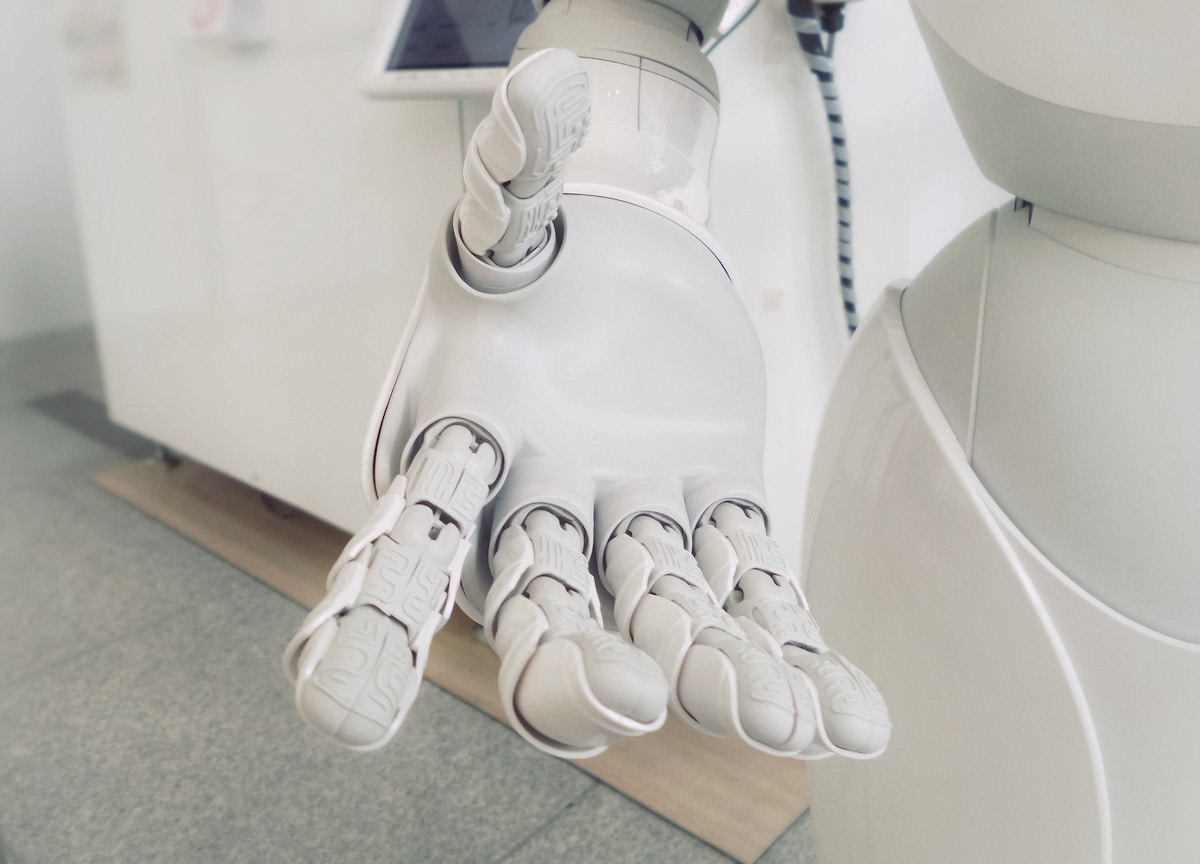In this article, we'll explore the top 10 trends redefining intelligent automation in the current year. Continue reading →
The evolving realm of technology and business operations has witnessed a transformative influence through intelligent automation. As we enter 2023, it becomes clear that numerous developments are molding how enterprises adopt automation, amplifying effectiveness, expandability, and client satisfaction.
In this article, we’ll explore the top 10 trends redefining intelligent automation in the current year.
For more information on intelligent automation services and how they benefit your business, you can explore intelligent automation services.


Intelligent automation is the amalgamation of artificial intelligence (AI) and automation technologies to streamline and optimize various business processes. It involves utilizing advanced algorithms, machine learning, and robotics to execute tasks with minimal human intervention, resulting in improved productivity and reduced errors.
Robotic Process Automation (RPA) has gained significant traction across industries. RPA involves using software robots or “bots” to perform repetitive and rule-based tasks. Its scalability and accuracy have led to enhanced process efficiency and cost savings for businesses.
Low-code and no-code platforms empower organizations to create custom automation solutions without extensive coding knowledge. These platforms enable business users to build applications, workflows, and processes, accelerating development and deployment times.
Generative AI is making waves in automation by enabling machines to generate content autonomously. This technology finds applications in content creation, design, and even software development. Its ability to produce high-quality, contextually relevant content is revolutionizing industries.
Collaborative robots, or “cobots,” are designed to work alongside humans in a shared workspace. Their safety features and adaptability make them invaluable in tasks requiring human dexterity and machine precision, transforming industries like manufacturing and healthcare.
Continuous Integration and Continuous Deployment (CI/CD) pipelines are essential for software development. Automation of testing processes within these pipelines ensures quicker identification and resolution of issues, enhancing software quality and reducing time-to-market.
Extended Intelligence, a concept that combines human expertise with AI capabilities, is becoming more prevalent. This trend enhances human decision-making by providing AI-driven insights and recommendations, resulting in informed choices and better outcomes.
Natural Language Processing (NLP) and Conversational AI are transforming customer interactions.
Chatbots and virtual assistants equipped with NLP can understand and respond to human language, providing personalized and efficient customer support.
Small and Medium-sized Businesses (SMBs) recognize the benefits of intelligent automation. With solutions becoming more accessible and affordable, SMBs are leveraging automation to optimize operations, increase competitiveness, and fuel growth.
Intelligent automation is bridging the gap caused by workforce shortages in certain industries. By taking over mundane tasks, automation allows human employees to focus on higher-value activities that require creativity and critical thinking.
Businesses prioritize sustainability by implementing automation only after thorough process assessment and discovery. This approach ensures that automation targets the right processes, maximizing its impact on efficiency and reducing unnecessary resource consumption.
By infusing work processes with intelligent business process automation, companies can enhance human+machine collaboration, leading to more innovative and transformative work. To stay updated on the latest developments, visit the main page of Reenbit.
As we move forward, keeping a keen eye on the future trends in process automation will be essential for businesses to remain competitive and streamline their operations. Companies are expected to offer more tailored solutions, combining different automation technologies to address specific industry needs. Additionally, integrations with IoT (Internet of Things) and edge computing will enhance automation’s potential, enabling real-time data-driven decisions.
In conclusion, the trends shaping intelligent automation in 2023 underscore the transformative power of technology in optimizing business operations. From the widespread adoption of RPA to the emergence of collaborative robots, these trends redefine how industries operate, deliver value, and interact with customers. As businesses embrace automation, staying updated with these trends will be crucial for maintaining a competitive edge in today’s dynamic landscape. New automation technology is a testament to human ingenuity and our ability to shape the future.
We highlighted the latest trends in automation, showcasing advancements in AI integration and robotics. Keep your finger on the pulse of these trends to drive innovation and success in your organization’s automation journey. Intelligent automation is not just a technology; it’s a strategic approach that can reshape your organization’s future.
Tank monitoring is transforming the way industries approach maintenance planning and scheduling by providing real-time…
Syncing CRM data internationally doesn’t have to be a logistical nightmare. With the right tools…
Partnering with an accounting software development company offers numerous advantages, from customized solutions and enhanced…
If you just need basic protection, a free VPN might work. But, if you need…
our custom CTA button is one of the most powerful tools on your company page—it’s…
After you gain popularity, it is essential to start communicating with brands, this will allow…